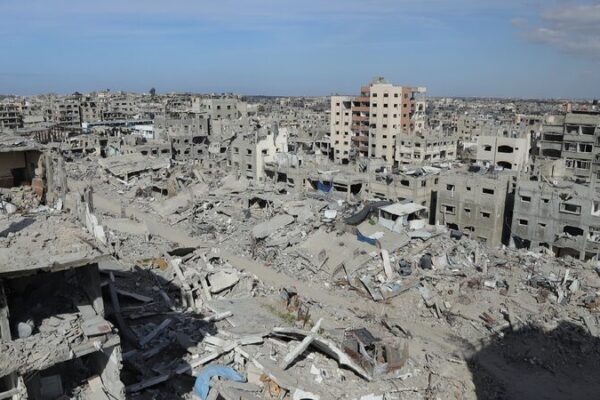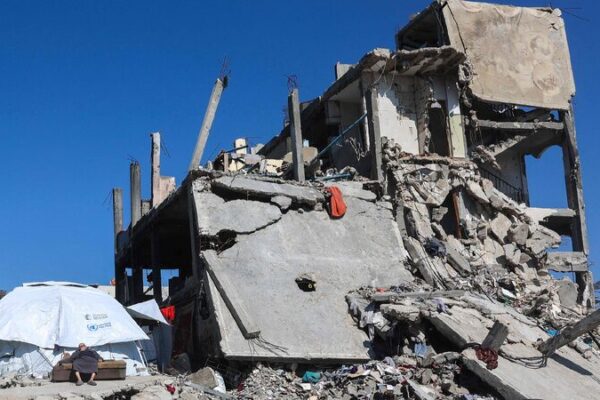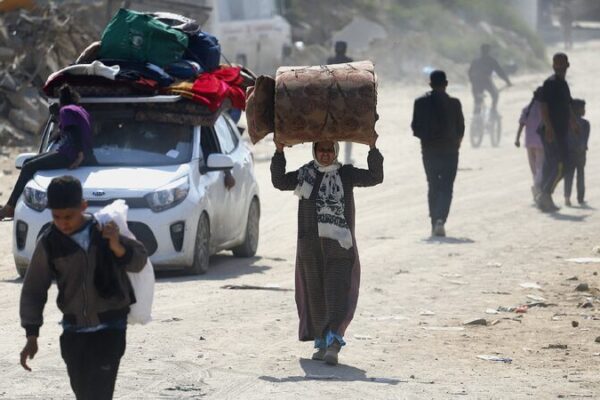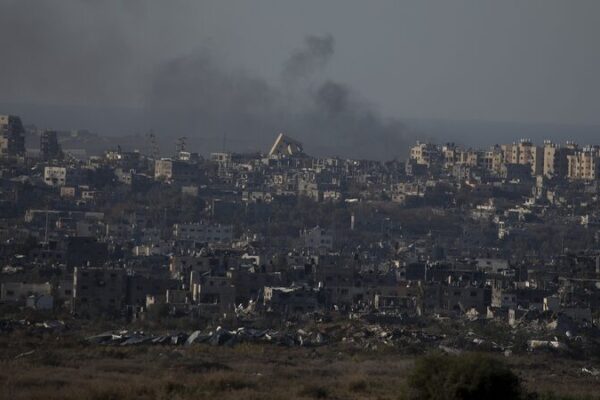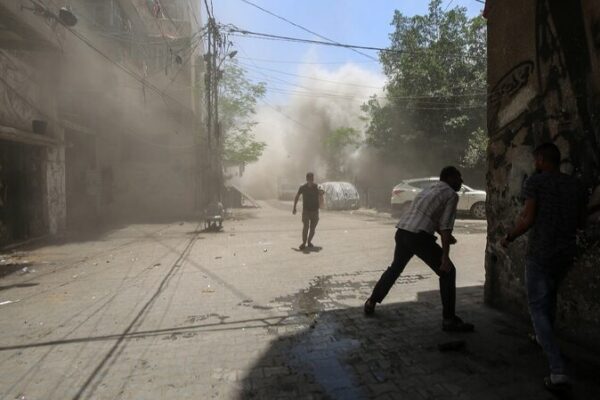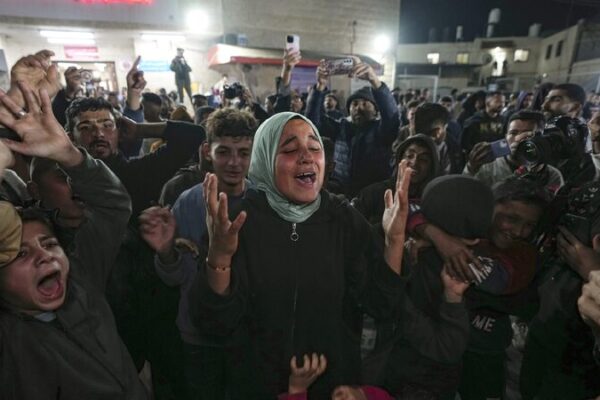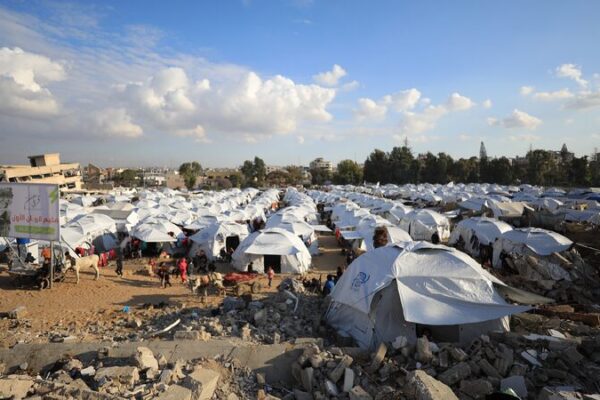Hamas announced on Tuesday that Egyptian and Qatari mediators are actively working to finalize a ceasefire agreement and initiate the next phase of negotiations aimed at establishing lasting peace in Gaza.
Abdul Latif Al-Qanou, a spokesperson for Hamas, stated that there are “positive signs” as mediators strive to complete the ceasefire deal. “Hamas is prepared to engage in upcoming negotiations in a manner that meets the demands of the Palestinian people,” Al-Qanou said in a press statement.
A delegation from the Hamas leadership arrived in Cairo on Monday to discuss mechanisms for initiating the second phase of negotiations. The initial 42-day truce, which expired in early March without agreement on subsequent stages, left both sides at odds on how to proceed.
Differences Over Next Steps
While Hamas seeks immediate negotiations for the next phase, Israel favors extending the initial agreement. Hamas has accused Israel of stalling, with Al-Qanou stating that Israel “refuses to commence the second phase, exposing its intentions of evasion and stalling.”
Rising Tensions Amid Deadlock
Amid the ongoing deadlock, Israel has halted aid deliveries to Gaza and cut off electricity to the territory’s only desalination plant—a move that Hamas condemned as “unacceptable blackmail.” In addition, Israel has conducted daily airstrikes targeting militants in Gaza.
On Tuesday, an Israeli airstrike in Gaza City reportedly killed four men, according to Gaza’s civil defense agency. The Israeli military claimed its forces struck “several terrorists engaged in suspicious activity posing a threat to IDF troops.”
Humanitarian Concerns Grow
Senior Hamas leader Abdul Rahman Shadid accused Israel of exacerbating the humanitarian crisis in Gaza through “killings, displacement, mass arrests, blocking food and medical aid, and closing border crossings.” He highlighted ongoing Israeli military operations in the West Bank cities of Jenin and Tulkarm, citing them as part of a broader strategy to expand settlements.
Calls for International Support
Shadid expressed hope that U.S. Middle East envoy Steve Witkoff would assist in initiating negotiations for the second phase of the ceasefire agreement. “The U.S. administration bears responsibility due to its unwavering support for the occupying government,” he stated.
U.S. Involvement and Skepticism
In recent days, U.S. hostages envoy Adam Boehler engaged in direct talks with Hamas, suggesting that an agreement for releasing more captives could be expected “in the coming weeks.” However, U.S. Secretary of State Marco Rubio tempered expectations, saying, “It hasn’t borne fruit. But it doesn’t mean he was wrong to try.”
Looking Ahead
As mediators continue their efforts, hopes remain cautiously optimistic for advancing the ceasefire talks. The situation underscores the urgency of finding a lasting resolution to the conflict and alleviating the humanitarian challenges faced by the people of Gaza.
Reference(s):
cgtn.com
